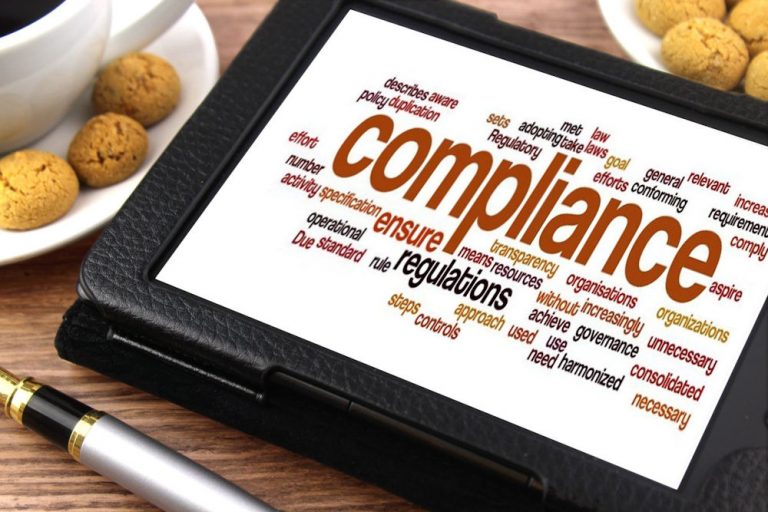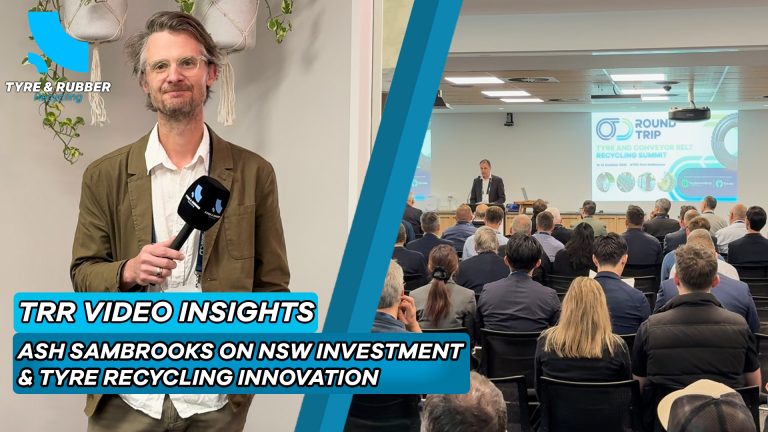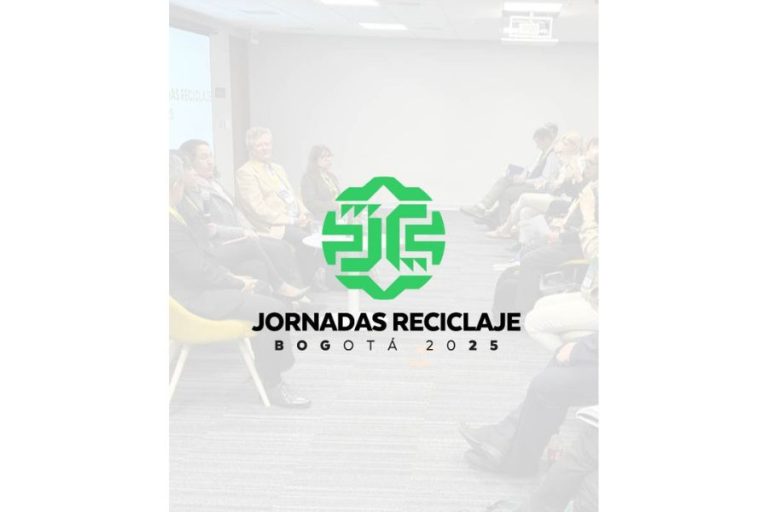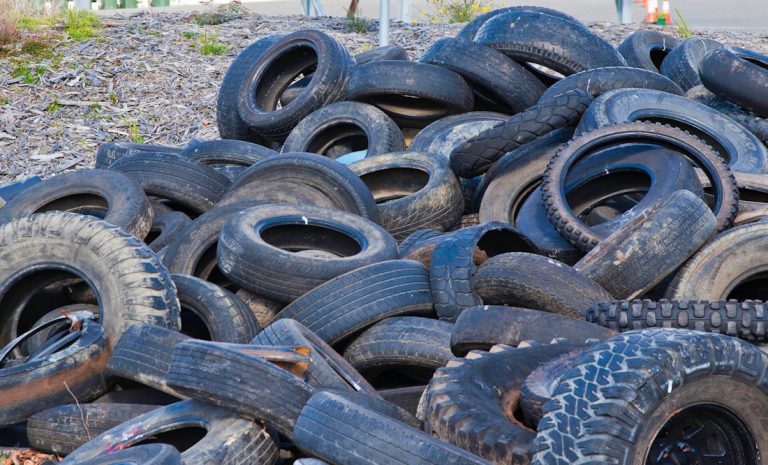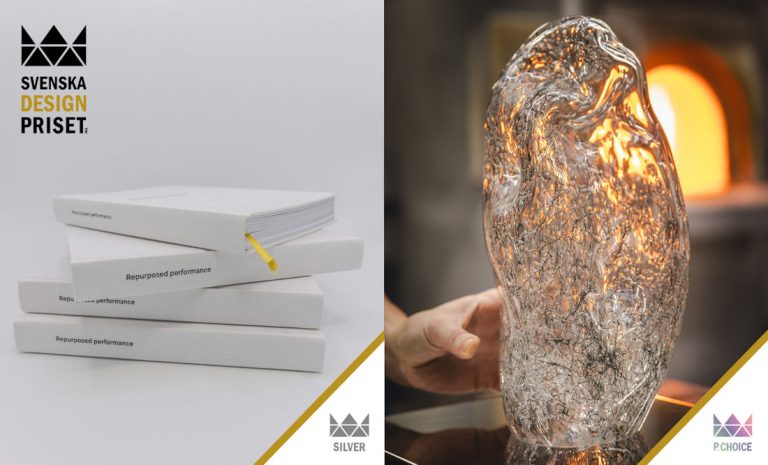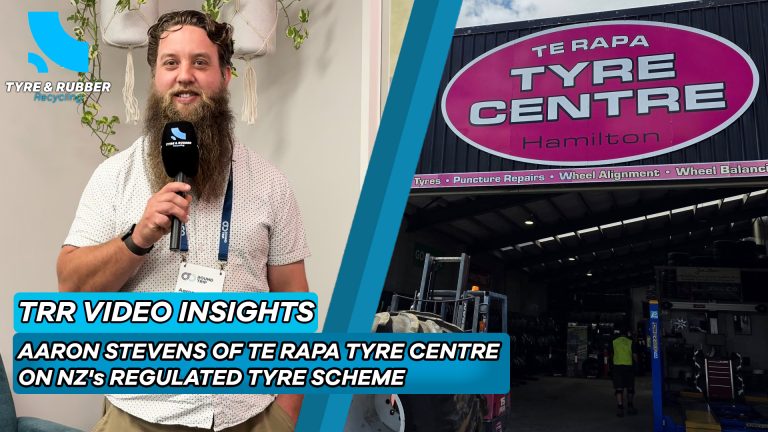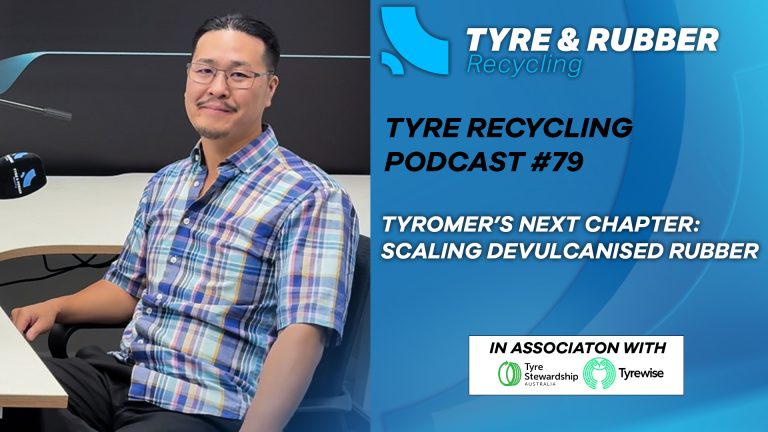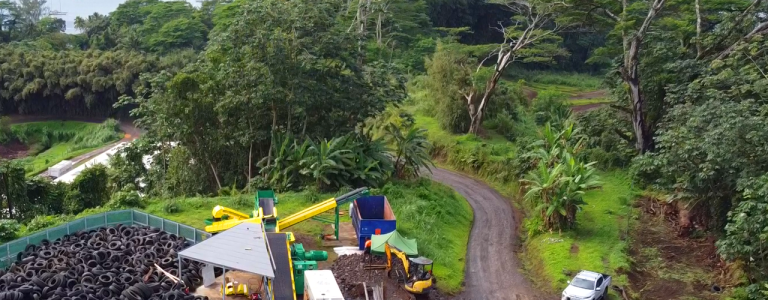The Tyre Recovery Association (TRA) highlights the importance a new technology process to manage tyre waste exports to shipping companies
The new means of compliance came into effect on the 28 October. Non-compliant shippers will face penalties. The new rules, announced this summer, state that from 28 October every container of baled ELTs (end-of-life-tyres) bound for India [or anywhere] should be accompanied by a digital geo-tagged Annex VII.
The introduction of technology is to enable better policing of the rules and follow the Environment Agency’s previous reminder that, when it comes to the shipment of used tyre exports, any waste export must be accompanied by a fully completed Annex VII. Not only is the digital geo-tagged Annex VII easier to police it also makes it easier for operators to comply with this important environmental rule.
If the waste shipment does not end up being recovered at the stated consignee address the parties in the chain of custody face prosecution. The penalty can be the cost of repatriation of that illegal waste shipment, unlimited fines and up to 2 years in prison. The parties in the chain of custody include the waste generator, the broker, the consignee in the receiving country and the shipping line.
The TRA advises that any business involved in exporting ELTs to India, have up to date declarations of compliance from all the parties in their chain of custody. The digital Annex VII make this easier. Amending internal compliance procedures for the digital geo-tagged Annex VII protocol will reduce a shipper’s risk of prosecution.
Peter Taylor OBE, Secretary General of the TRA, said; “The TRA wants to ensure all shipping operators are aware of that a digital geo-tagged Annex VII is now required when transporting waste tyres to India. This is a significant development in waste export enforcement. UK environmental rules for the exporting of ELTs now require all businesses involved to have up-to-date declarations of compliance from every party in their chain of custody. This is of particular importance when shipping to countries like India. Shipping companies should already be aware that their revenues will be undermined by measures that force them to cover the cost of repatriation for an illegal shipment.
“The introduction of the digital geo-tagged Annex VII is a welcome step forward as both an efficient and effective means of clamping down on the export of UK environmental waste destined for pyrolysis in India, which is illegal. India’s Ministry of Environment, Forest and Climate Change have previously clarified that importing waste tyres for pyrolysis is explicitly banned.
“We are keen to support the Shippers who are involved in the ELT chain of export by bringing their attention to this new rule, we don’t want to see anyone caught out because they are unaware of their obligations.”

















